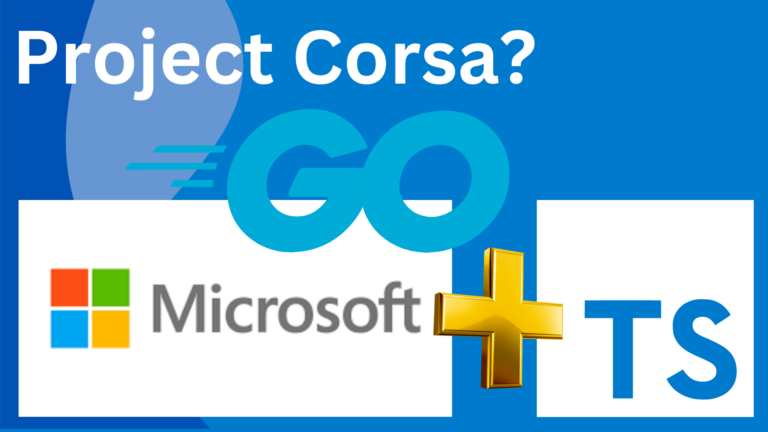New to Rust? Grab our free Rust for Beginners eBook Get it free →
Benefits of Functional Programming
As known, the theoretical foundations of imperative programming were laid back in the 1930s. The theory remained a theory until John McCarthy developed the Lisp language in the early 1950s. Now, the most popular functional programming language is Haskell.
As Laurence Paulson said: “Functional programming aims to give each program a simple mathematical interpretation. This interpretation should be independent of the details of the performance and understandable to people who do not have a scientific degree in the subject area. “ In 2021, it is important to understand that technical skills are at the core of any activity in the 21st century. One of these skills is functional programming. Having mastered it, you can easily do lessons, especially mathematics, where functions are the basis, learn STEM and become specialists in your field in the future. Talking about computer programming, you may wonder how to master your skills when you are at a beginner level. Well, there are a lot of experts who offer online programming assignment help with any kind of homework you need. The main advantage of such assistance is the fact that you get the professionally done assignment that could teach you in practice.
Among the vast abundance of languages, functional languages are increasingly gaining a following and are increasingly making their way into most companies around the world. In the 1940s, the first digital computers appeared, which were known to be programmed by switching different types of toggle switches, cables, and buttons. The number of such commutations reached the order of several hundred and grew inexorably as the complexity of the programs increased. Therefore, the next step in the development of programming was the creation of all kinds of assembly languages with simple mnemonics. The basic concepts of functional programming are pure functions, closures, currying, recursion, memorization. Functional programming brings more basic programming ideas such as list comprehension and caching to the compiler.
Pure Functions
The first and foremost functional benefit is pure functions. They do not contain any other computation and are the ideal of functional programming. The most important task of pure functions is to make the code clearer. They do not change the data structure, have transparent references, and therefore can be replaced without changing the behavior of the program itself.
Composition is available, and pure functions result in a return value. The result of executing a Pure function depends only on the past arguments and the algorithm that implements this purest function, does not use global values, and also does not modify values outside itself and write data to files, databases, or somewhere else.
Concurrency
Another important advantage is concurrency. It is easier to implement with functional programming because the compiler does most of the operations that previously required manual setting of state variables.
Recursion
In functional languages, a loop is usually implemented as a recursion. By using recursion, we don’t need a mutable state when solving a problem, and this allows us to define semantics in simpler terms. Thus, solutions can be simplified in a formal sense. Functional programming is not just coding with functions; it is working at higher levels of abstraction where you naturally use functions. When using functions, it’s only natural to reuse the same function (to call it again) from any context where it makes sense, so recursion is one of the benefits of functional programming.
Memoization
Memoization is an optimization technique used primarily to speed up computer programs. In functional programming, this kind of caching (a function of finding a factorial that stores previously computed results) is called memoization. Memoization, at the cost of small memory consumption, can significantly increase performance and reduce the growth order of some recursive algorithms. Recursive functions can be generalized with higher-order functions using, for example, catamorphism and anamorphism (or “convolution” and “unfolding”). Functions of this kind play the role of such a thing as a loop in imperative programming languages.
Currying
It is a way of creating functions that allows partial application of function arguments. Currying does not call the function. It just transforms it and makes it easy to get partial functions. Higher-order functions allow you to use currying (currying) – the transformation of a function from a pair of arguments into a function that takes its arguments one at a time. This transformation got its name in honor of H. Curry.
Optimization
Opportunities for optimization during compilation. Functional programming languages have more room for compile-time optimization than their imperative counterparts. One of the reasons is the cleanliness of the functions, as mentioned above. In a functional style, the flow of values through the program is noticeable. This gives the compiler many options for deciding where to store values, how long to store them, and so on.
Deferred Computation
One of the “calling cards” of functional programming is lazy, or lazy, computation. This makes functional programming languages conditionally “lax”. In conventional, non-lazy, programming languages, computations are strict – that is, the arguments to a function are evaluated before the function is executed. The most obvious plus of lazy evaluation is that if something is not required, it will not be evaluated. Another useful application of lazy computation is the creation of infinite data structures, due to which functional programming languages significantly outperform opposing languages.
We talked about the advantages, but it is also impossible not to mention some disadvantages. It is constantly necessary to allocate and set up automatic memory release, so a highly efficient garbage collector becomes a mandatory component in the execution system of a functional program. Despite the benefits of functional programming, imperative and object-oriented programming will never completely disappear.
The functional programming paradigm tries to treat any program as a pure function. This allows you to look at the development of programs and algorithms from a new perspective. Any function has unique properties. So, programs become objects of mathematical proof. It only remains to bring the required property!





